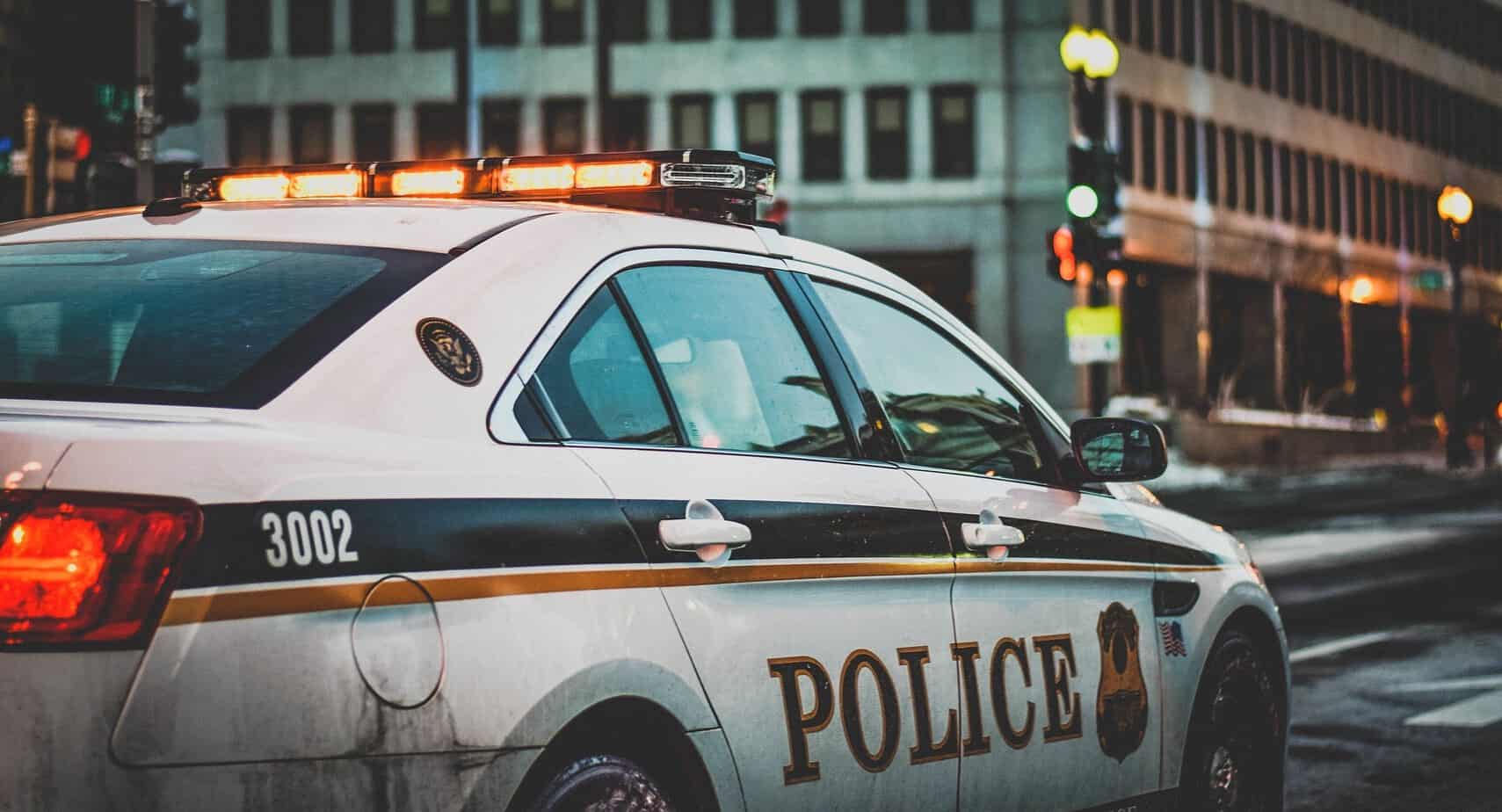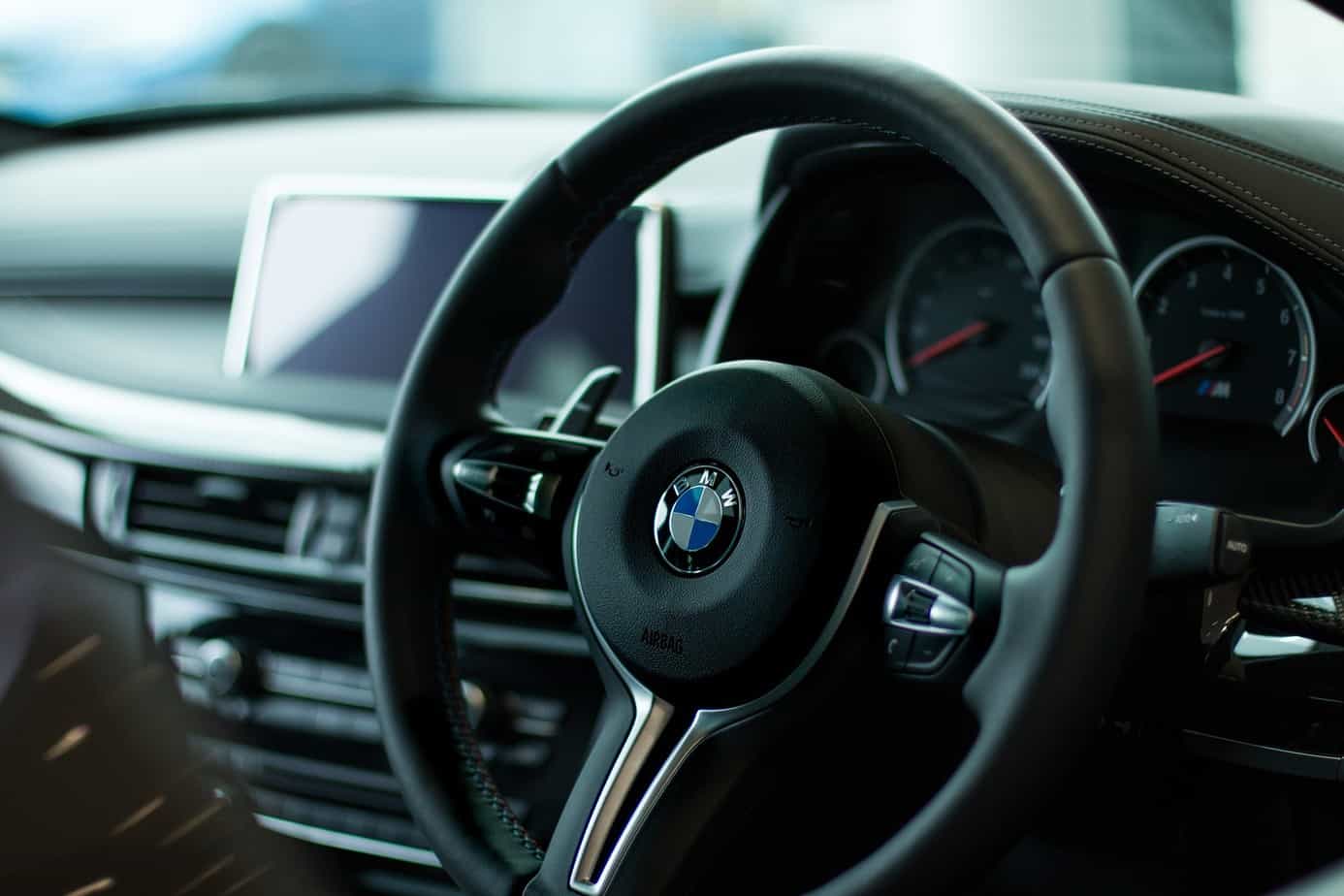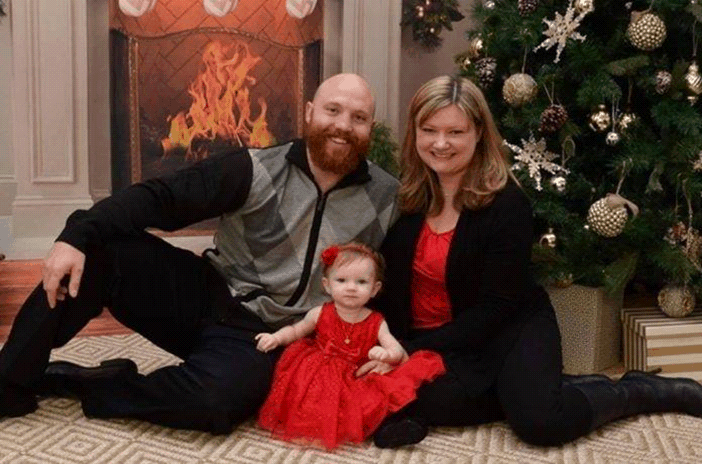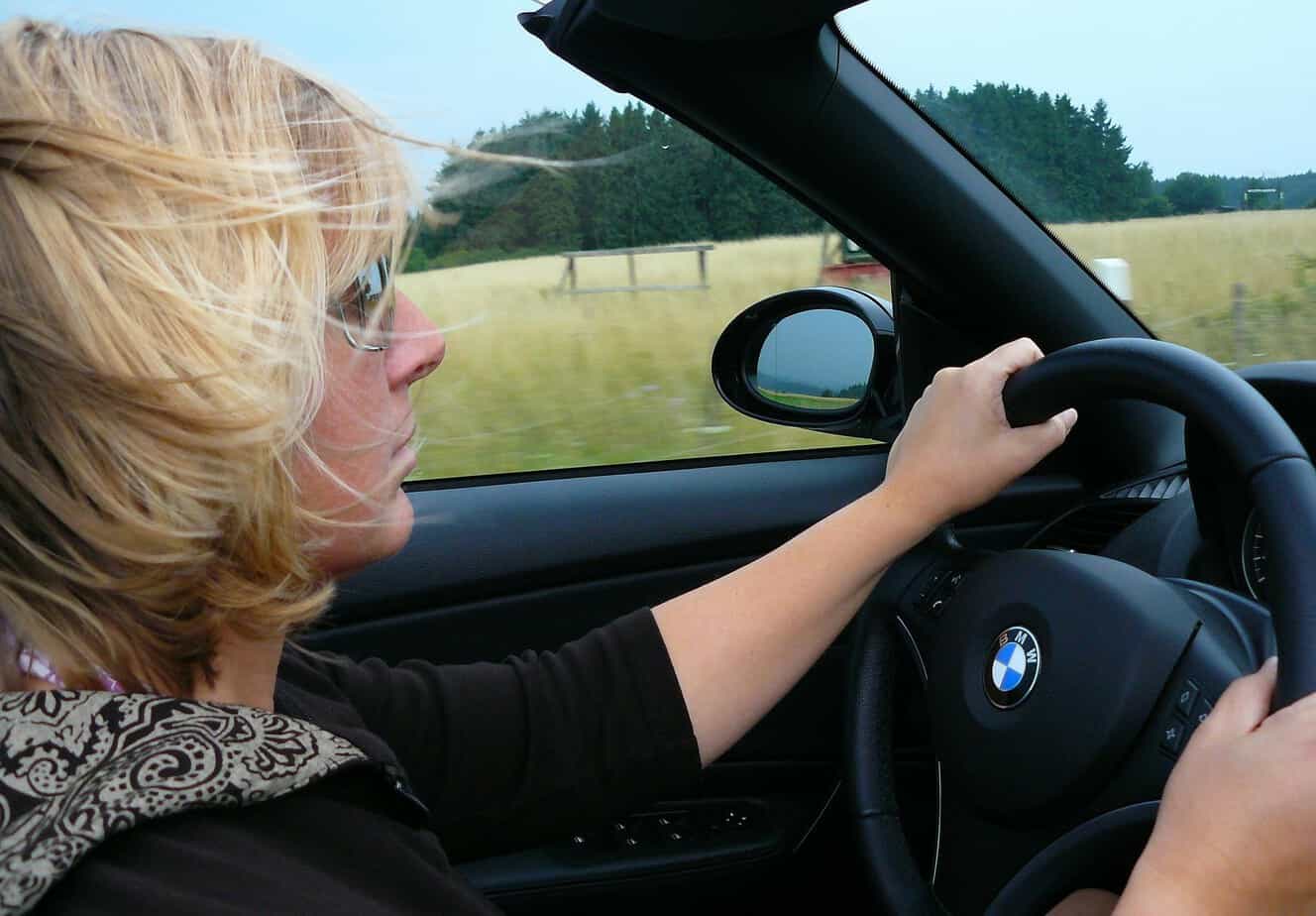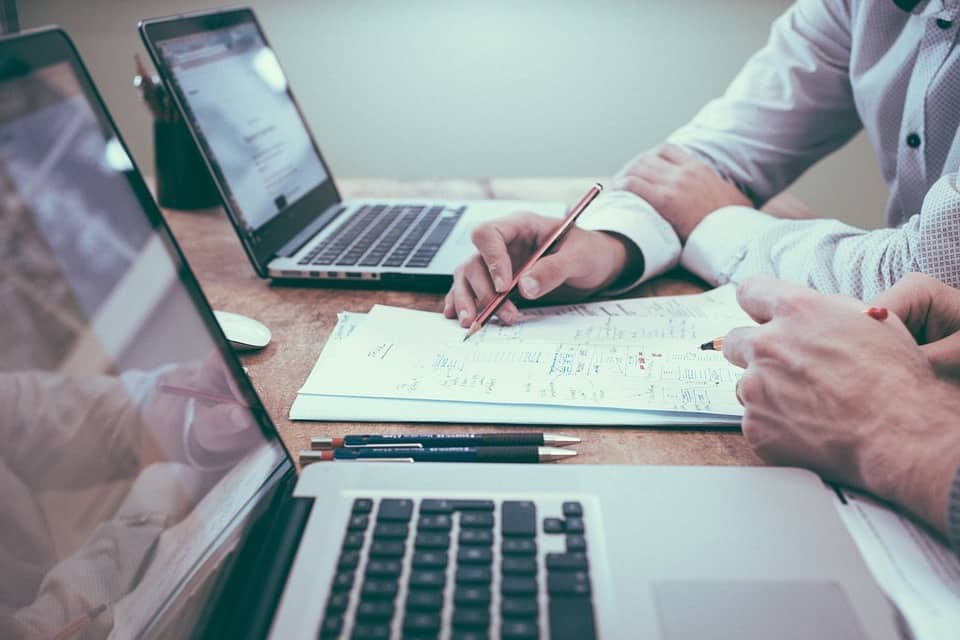One of the newest technologies in our modern world, facial recognition software, is now being used in a variety of ways. It may seem like something out of a sci-fi film, but it’s becoming more commonplace every day. Already, Facebook is using this software to make it easier to tag your friends in pictures. And if you’ve purchased an iPhone X recently, then you know that you can unlock it with this technology (which is way safer than typing in a number password, and way easier than using your thumb when it’s covered in chicken wings sauce). It’s got huge potential in a number of industries, from the health industry to understanding shoppers’ retail needs.
However, there are some people who are unsure about this technology. Some naysayers claim that it’s an invasion of privacy, and that it isn’t safe for the government to have large databases full of our faces. But if we apply that logic fully, it means that there shouldn’t be a national database of people who have ever had a criminal record, and that we shouldn’t have security measures like knowing if there’s a sex offender living nearby.
The fact is, cops and government officials need the best technology available to them in order to keep us safe. Because facial recognition software can be so accurate and save a huge amount of time when it comes to solving crimes and catching perpetrators, it’s a necessity in their field. Already, only 17 percent of respondents surveyed aged 30 to 44 felt very favorably towards facial recognition software. This number should be much higher, and here’s why.
How Facial Recognition works--and why it’s reliable
Many people who question the use of facial recognition software are those who have an innate mistrust of the technology being used correctly. Perhaps they’re afraid that they’ll be framed for a crime they didn’t commit, or their identity will be stolen. But the fact is that facial recognition is complex software. According to Lifewire:
“Facial recognition technology is more than a simple face scanner or face match program. Facial recognition systems use a number of measurements and technologies to scan faces, including thermal imaging, 3D face mapping, cataloging unique features (also called landmarks), analyzing geometric proportions of facial features, mapping distance between key facial features, and skin surface texture analysis.”
Because it’s so accurate, it can be used in a variety of ways. For example, think about airport security. Already, countries such as Ireland are already using facial recognition for US preclearance. Considering that this system has a 99 percent success rate, it has two benefits: speeding up travel (which can be a real headache when traveling internationally) and being better at catching imposters than an actual person would be.
Think about how many people travel through an airport in a day. Now, think about how many people are in the world. Governments aren’t going to go out of their way to use this information that’s already so vast unless it’s going to be used to catch criminals and terrorists--which is why it’s such a great benefit to those dedicated to keeping us safe.
Application of facial recognition for government and police use
Which brings us to our next point. Sure, it can be scary to think that someone’s profile appears in a large database full of faces. But unlike online hackers or companies that have something material to gain from your identity, the government and police force will use facial recognition software for the greater good. According to Phys.org:
“Police officers' ability to recognize and locate individuals with a history of committing crime is vital to their work. In fact, it is so important that officers believe possessing it is fundamental to the craft of effective street policing, crime prevention and investigation. However, with the total police workforce falling by almost 20 percent since 2010 and recorded crime rising, police forces are turning to new technological solutions to help enhance their capability and capacity to monitor and track individuals about whom they have concerns.”
The same goes for larger government entities, such as the FBI, which track down larger security concerns. If we are truly concerned about how these organizations are using information that can be so helpful to them, it’s probably best to protect civilians’ rights with legislation. That way, it will be clear where using facial recognition software is appropriate and when it isn’t.
In conclusion, cops and government officials should be allowed to use facial recognition software. This technology is already transforming the way we live, in many positive ways.
Do you think there are limits to how facial recognition software should be used? What kind of benefits do you think it will have?

